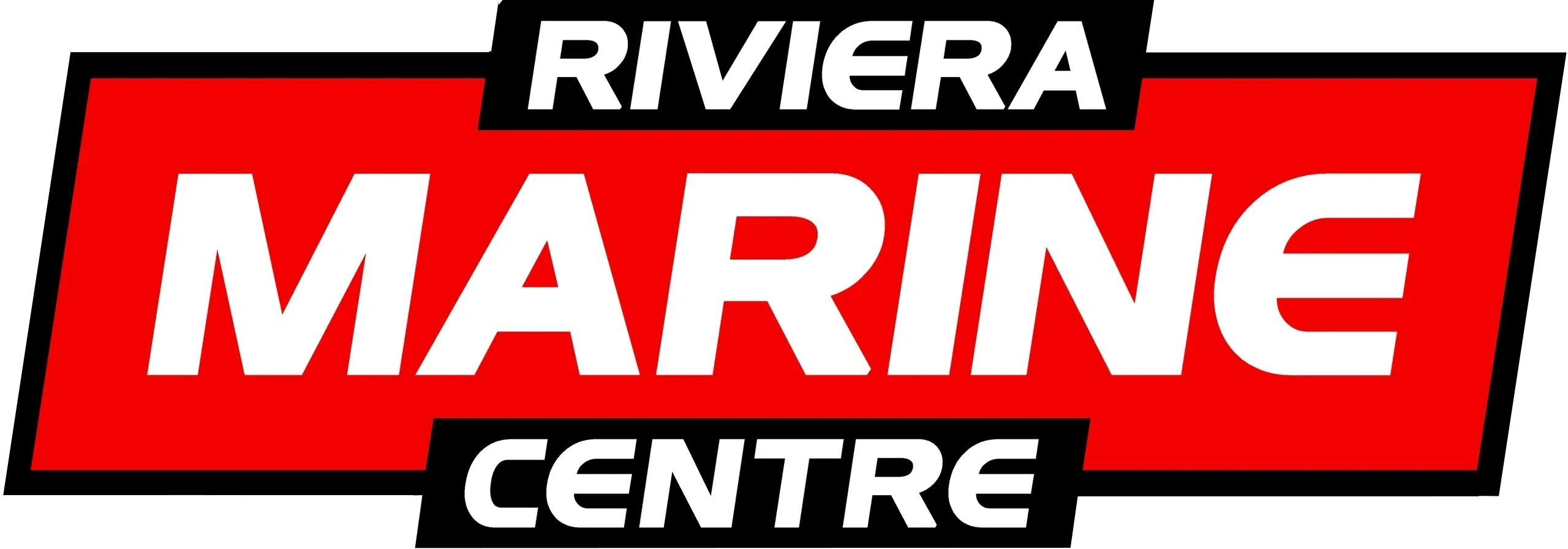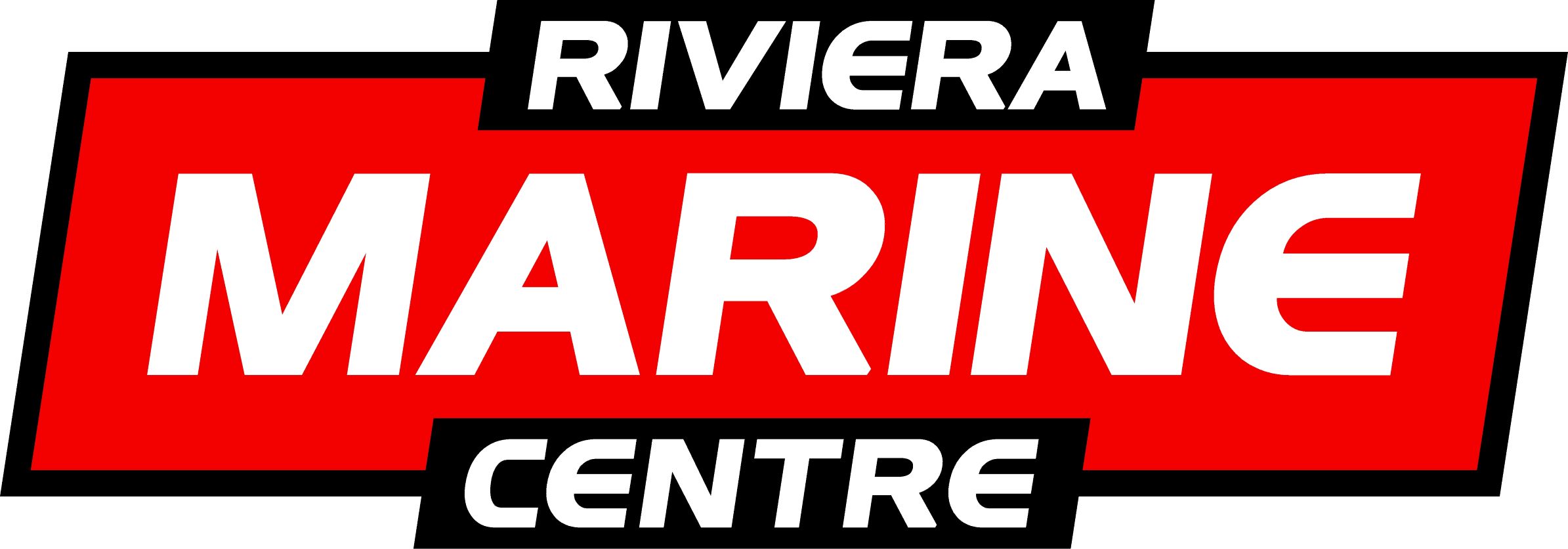
What Are the Key Boat Engine Room Parts You Should Regularly Inspect?

Did you know that neglecting regular inspections of boat engine room parts can lead to unexpected downtime of up to 20% during peak sailing seasons? This staggering statistic underscores the importance of maintaining our vessels to ensure they operate smoothly and efficiently. By routinely inspecting critical components such as the engine, fuel systems, cooling systems, and exhaust systems, we not only prevent costly repairs but also extend the life of our maritime power plant parts.
Understanding the function of these vessel engine spares is essential for achieving optimal performance. Identifying potential issues early allows us to ensure our nautical operations remain uninterrupted and environmentally friendly, ultimately enhancing our overall sailing experience.
Understanding Boat Engine Room Parts
When we think about the efficiency of our vessels, understanding the various boat engine room parts becomes essential. These components work in harmony within our seagoing engine systems, ensuring reliable operation and performance on the water. Each part, from pumps to exhaust systems, plays a significant role in moving our boats effectively.
Importance of Regular Inspections
Regular inspections of marine propulsion components are crucial for maintaining the health of our vessels. By monitoring these parts, we can identify wear and tear, preventing potential engine failures or performance issues. Shipboard engine accessories, such as gauges and sensors, aid in tracking operational efficiency, making it easier to spot irregularities early on. Prioritising routine checks enhances our safety on the water, allowing us to enjoy our time on board without unexpected interruptions.
Essential Components to Inspect Regularly
Understanding the essential components of our commercial vessels is crucial for maintaining optimal performance. Regular inspections help us identify potential issues before they escalate. Among the critical parts to examine are the engine block, oil filters, fuel injectors, and cooling systems. Each of these ship machinery parts plays a vital role in the overall functionality of the vessel’s engine.
Engine Types and Their Parts
We encounter various engine types in the nautical industry, with diesel and petrol engines being the most common. Diesel engines generally boast a higher torque capacity, making them ideal for heavy-duty applications, while petrol engines are often favoured for their lighter weight and quicker responsiveness. Understanding these differences allows us to tailor our inspection approach based on specific engine configurations.
When inspecting commercial vessel engine parts, we should focus on components such as oil filters that keep impurities at bay, ensuring smooth operation. Fuel injectors need particular attention as they influence fuel atomisation and efficiency. Cooling systems are equally critical; they prevent overheating, safeguarding the integrity of our nautical engine equipment.
By recognising the specific requirements of different engine types, we can effectively conduct comprehensive inspections of our ship machinery parts. This knowledge equips us to make informed decisions and perform necessary maintenance tasks, extending the lifespan of our vessels.
Common Issues and Troubleshooting
In the engine room of our boats, we often encounter various issues that can affect performance and safety. Recognising these problems early on is essential for effective troubleshooting. Whether it's engine overheating, fuel leaks, or abnormal vibrations, understanding common symptoms can help us take corrective measures promptly. Addressing these issues is paramount to the longevity of our ships auxiliary machinery, ensuring smoother operations throughout our journeys.
Preventative Maintenance Tips
Implementing a robust preventative maintenance schedule is a proactive approach to keeping our vessel engine spares in prime condition. Regular inspections can help us identify potential problems before they escalate, saving both time and money. We should focus on routine checks of critical components, such as oil levels, coolant temperatures, and electrical systems. Maintaining a clean engine room and ensuring proper ventilation can significantly reduce the risk of overheating. By staying ahead with shipboard engine maintenance, we contribute to a more reliable and efficient vessel operation.
Tools and Equipment for Inspections
To perform effective inspections of our vessel, we must equip ourselves with the right tools and equipment. This ensures that we can accurately assess the condition of crucial components, including maritime power plant parts and nautical engine equipment. The importance of utilising reliable tools cannot be overstated, as they play a vital role in maintaining our safety and efficiency on the water.
Essential Inspection Tools
Our toolkit should begin with basic hand tools like screwdrivers, wrenches, and pliers. These are essential for quick adjustments and minor repairs. Moving beyond the basics, we also should include more specialised equipment, such as multimeters for electrical inspections and pressure gauges for monitoring fluid systems. Each of these tools holds significance when inspecting maritime power plant parts, ensuring we detect any irregularities early.
If our inspections extend to engine diagnostics, investing in advanced diagnostic equipment can prove invaluable. Such tools offer insights into performance metrics, helping us accurately evaluate the health of our nautical engine equipment. Regular maintenance of these tools will ensure they remain functional when we need them most, contributing to a thorough and efficient inspection process.
The Role of Professional Help
While we are committed to conducting many inspections ourselves, certain situations call for professional assistance. It is crucial to recognise when marine propulsion components and commercial vessel engine parts require expert evaluation. A thorough understanding of our vessel’s needs can empower us to make informed decisions regarding when to enlist professional help.
When to Call in Experts
Indicators may arise to suggest that experts should assess critical components. Unusual noises, vibrations, or performance issues can signal a need for expert diagnosis. Additionally, if we observe significant wear or corrosion on marine propulsion components, it's wise to consult with professionals who can provide comprehensive analysis and repairs. Engaging with experts not only ensures the longevity of commercial vessel engine parts but also fosters safety and compliance in our operations.
Seeking timely professional input can ultimately save us both time and money, ensuring our vessels run smoothly and efficiently.
Conclusion
In summary, the regular inspection and maintenance of essential boat engine room parts are crucial for ensuring the safety and efficiency of our marine vessels. By implementing systematic inspection practices and utilising the right tools, we can enhance the performance and longevity of our boats. Understanding our ship machinery parts is not just advantageous; it is imperative for safe navigation and operation.
As we have discussed, knowing when to seek professional assistance is equally important. Maintaining our vessels requires ongoing education and attention. We encourage our readers to establish a regular inspection schedule and continually learn about the various components that power their boats.
For all your inspection and maintenance needs, as well as access to premium marine products, we recommend that Riviera Marine Centre be your first choice within Australia. Together, let's ensure our vessels remain in peak condition for all our marine adventures.






